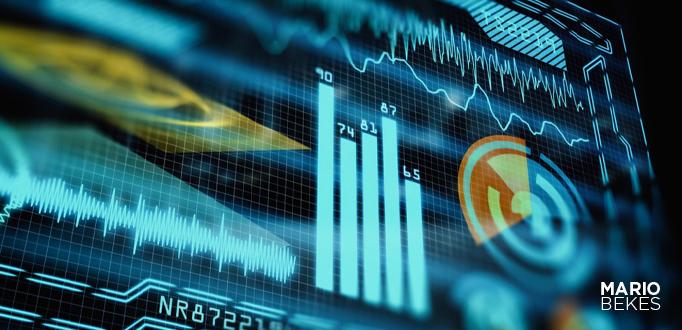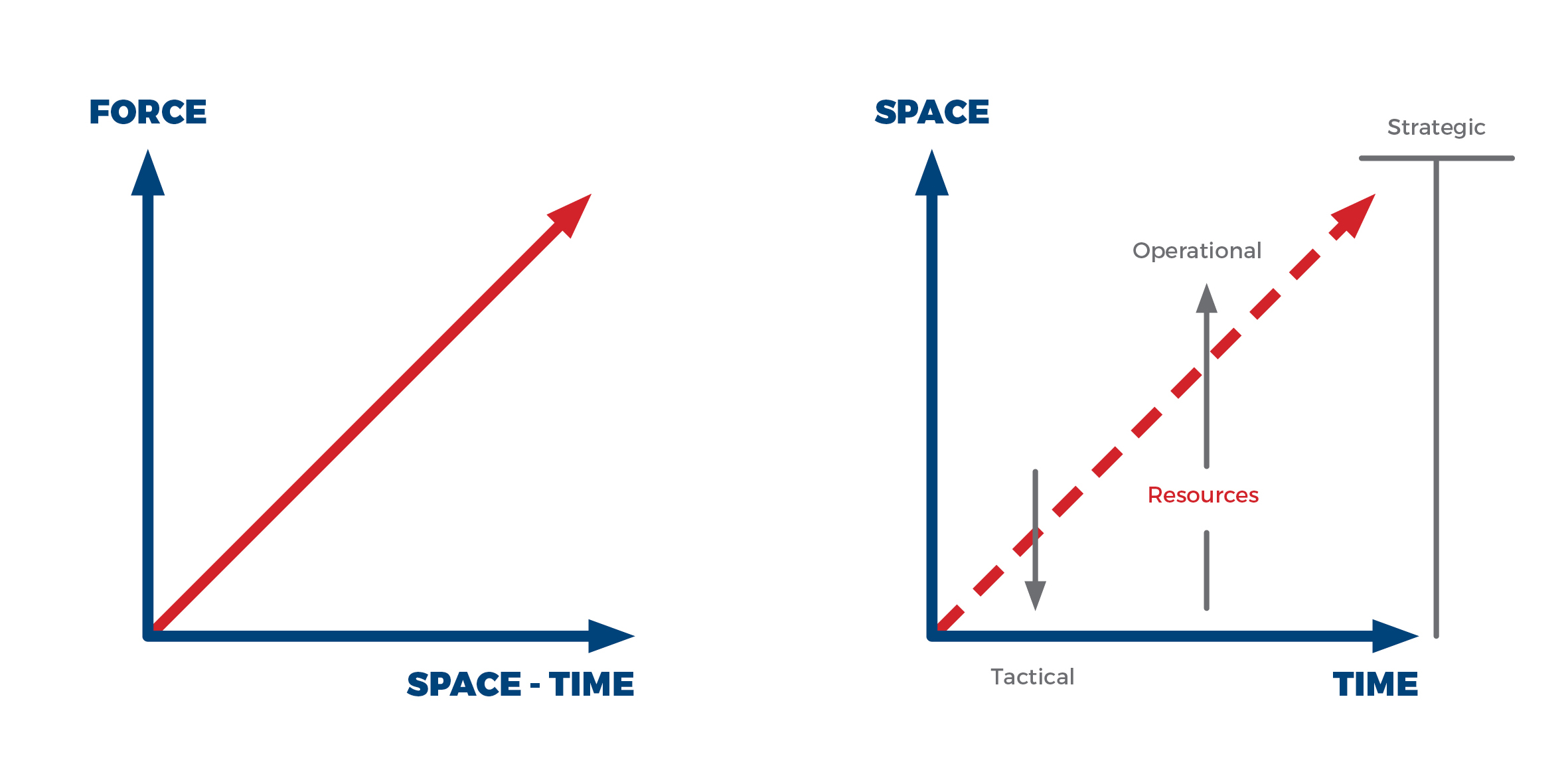Menu
Menu
Menu

The words tactical, operational and strategic appear in just about every corporate communication.
In explaining what Strategic thinking/intelligence is, I want to clarify the major difference between tactical, operational and strategic intelligence.
As a start, we should note that all the words derive from a military, not business or leadership perspective.
Strategic intelligence represents a very important tool and the discipline of providing continuous, useful intelligence about a competitor, country or individuals.
Strategic thinking and intelligence depends on historical and current data mixed with creating hypothesis about future developments.
Needless to say, any intelligence collected, analysed and disseminated to decision or policy makers also becomes the subject of counterintelligence and planning by competitors as well as being influenced by events outside of their control, such as the Covid19 pandemic.
For this reason, strategic intelligence is more hypothesis than tactical or operational intelligence. Tactical thinking is more based on current events (space, time and resources ) for immediate decision making.
How does strategic intelligence and strategic thinking relate to “leaders”?
According to (Anon., n.d.), the word ‘Strategy’ comes name from the Greek word strategos, the name of an Athenian general officer. This is derived in turn from stratos, ‘an army’ and therefore, ‘I lead’. The secondary meaning of this term being a board or council of ten Athenians chosen annually to conduct their war department.
The strategic war game, Strategos, invented by Leut Totten 4th US Artillery, brings together six parts:
(1) The “minor tactical game,” which embraces all the details of the tactics of each of the three arms.
(2) “Grand tactics,” embracing the topographical and strategical game, for the general elucidation of the grand principles of this branch of military science.
(3) The “historical game,” for the study of historical battles and campaigns.
(4) “Text-book illustration.”
(5) A “battle game,” based upon military principles and precepts, which is calculated to instruct as well as interest without fatiguing that large class of students whose patience would not stand the close application required in a more advanced game.
(6) The “advanced game”
For organisations looking to utilise tactical, operational or strategic ascendency on a market by applying intelligence processes, I would like you to visualise this as 3-dimensional operation of:
1. Time
2. Space
3. Force or Resources
For example, tactical thinking or tactical intelligence requires less time, less resources and less space to reach a key objective, for example, your local competitor would represent the space component)
For operational thinking and operational control of your market, it requires more time, more space and more resources. In short it is the bridge between tactics and strategies.
So, what about strategies and strategic intelligence?
This discipline requires a lot of time and more resources for one simple reason, it requires thinking about events beyond the horizon and providing decision making information on the premise of, ‘what will happen, how and why’ along with ‘what is the end game - the desirable result?’
Nevertheless, there are a plenty of documents, books and manuals which explain strategic intelligence in detail and how to apply strategic thinking.
Strategic intelligence in the corporate world will typically be related to competitive intelligence, business intelligence or operational activities and rely on historical data – which is only part of the answer.
Strategic intelligence should be seen as extended arm of decision or policy making to equip leaders with conceptual tools to help them create better results for the organisation. It is the planning and processing or even ‘leading’ the decision-making agenda.
Seeing beyond the horizon is what most corporations wish they could do, to know how competitors will perform and the services or products they will offer.
Strategic intelligence is as much about the corporate and commercial landscape as it is about understanding future fraudulent and criminal behaviour. It assists in understanding future possibilities or capabilities.
In saying this, strategic intelligence is to be considered as a higher form of intelligence research. The reports created are more in depth than tactical or operational intelligence assessments and analysis.
Strategic intelligence addresses issues in detail, such as weaknesses, threats, opportunities and risks. It assists decision makers in determining what procedures are to be implemented and what steps are to be taken in the future. It is based on the relationship between strategic thinking (the leader/decision maker) and strategic intelligence.
Strategic intelligence is an excellent way of test your hypotheses before over committing resources and finances into certain business ventures.

© Mario Bekes. All rights reserved. | ABN 62 757 932 640 | Suite 6, 11 - 13 Brookhollow Avenue Bella Vista NSW 2153